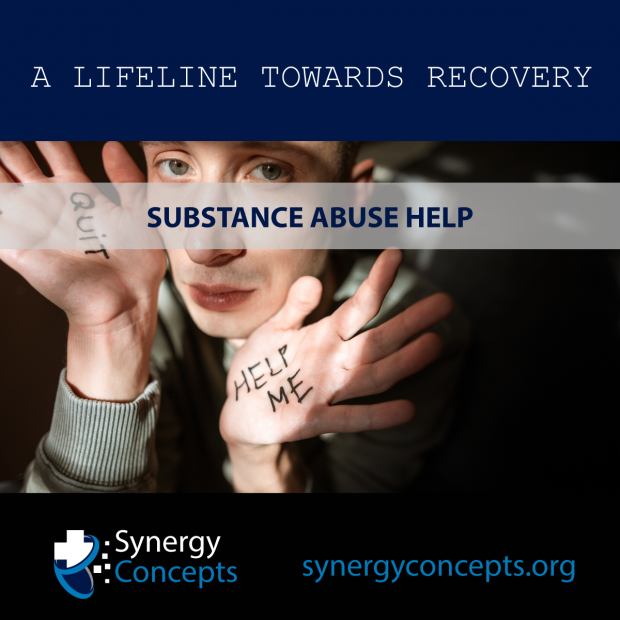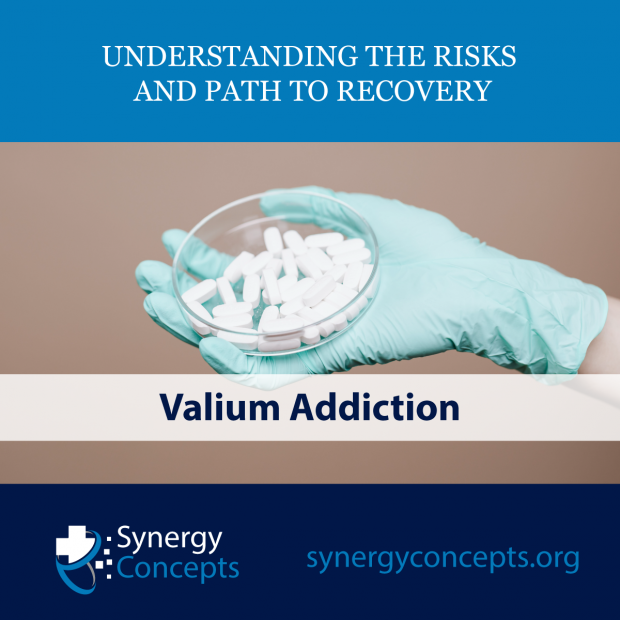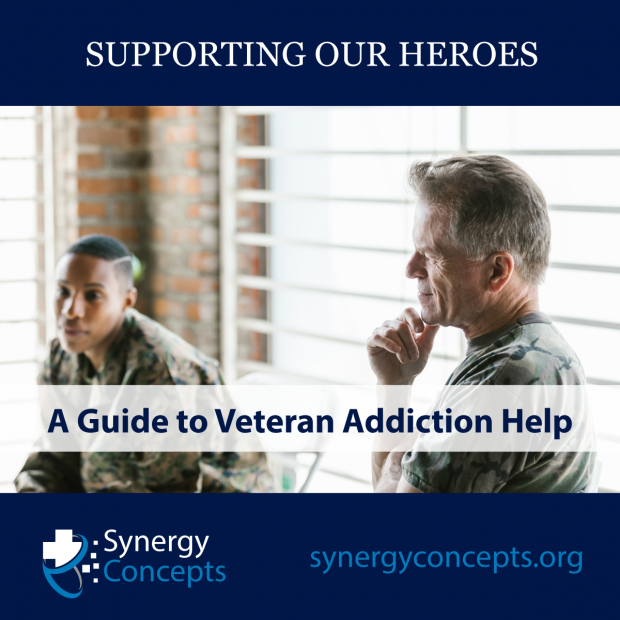Finding Help for Substance Abuse: A Guide to Recovery
This topic holds great importance in our society: substance abuse help. Addiction is a complex problem that affects individuals from all walks of life, and seeking assistance is a crucial step towards recovery. Whether you’re personally struggling or want to support a loved one, this blog post aims to shed light on the various avenues available to offer help and guidance.
Understanding Substance Abuse
- Professional Guidance: Rehabilitation Centers and Treatment Programs
- Support Groups: Strength in Numbers
- Individual Counseling: Unveiling the Underlying Causes
- Online Resources: Convenient and Accessible
Before we dive into the different support options, let’s take a moment to understand what substance abuse means. Substance abuse refers to the harmful or excessive use of drugs or alcohol, leading to negative consequences on an individual’s physical and mental health, relationships, and overall well-being. Acknowledging the problem is the first step towards seeking help.
1. Professional Guidance: Rehabilitation Centers and Treatment Programs
Rehabilitation centers and treatment programs are designed to provide a structured and supportive environment for those battling substance abuse. These facilities offer a wide range of services, including detoxification, counseling, therapy, and educational programs. By working closely with professionals, individuals can address the underlying issues contributing to their addiction and develop effective strategies for long-term recovery.
2. Support Groups: Strength in Numbers
Support groups like Alcoholics Anonymous (AA) and Narcotics Anonymous (NA) have been instrumental in helping countless individuals overcome substance abuse. These groups provide a safe and non-judgmental space where members can share their experiences, offer support, and find understanding among peers who have faced similar challenges. The power of collective wisdom and empathy can be incredibly motivating and inspiring.
3. Individual Counseling: Unveiling the Underlying Causes
Sometimes, substance abuse stems from underlying emotional or psychological issues. Individual counseling or therapy can be immensely helpful in uncovering these root causes and developing coping mechanisms. Skilled therapists can guide individuals toward self-discovery, enabling them to heal and grow beyond their addiction. They offer a confidential space to discuss personal challenges and work towards long-lasting change.
4. Online Resources: Convenient and Accessible
In our digital age, online resources have become an invaluable tool for those seeking substance abuse help. Numerous websites, forums, and helplines offer a wealth of information, self-assessment tools, and guidance for individuals and families affected by addiction. These online resources can be particularly useful for those who prefer anonymity or are unable to access in-person support.
Remember, seeking help for substance abuse is not a sign of weakness but rather a courageous step toward reclaiming your life. Whether you’re seeking assistance for yourself or supporting a loved one, there are numerous options available to aid in the recovery journey. Professional guidance, support groups, individual counseling, and online resources are just a few avenues to explore. By reaching out, you not only open doors to a healthier future but also inspire others to do the same.
Let’s work together to break the stigma surrounding substance abuse and build a society that supports and uplifts those in need. Remember, you’re not alone, and help is just a step away.
Check out our substance abuse treatment center partners in your area!













Leave a Reply